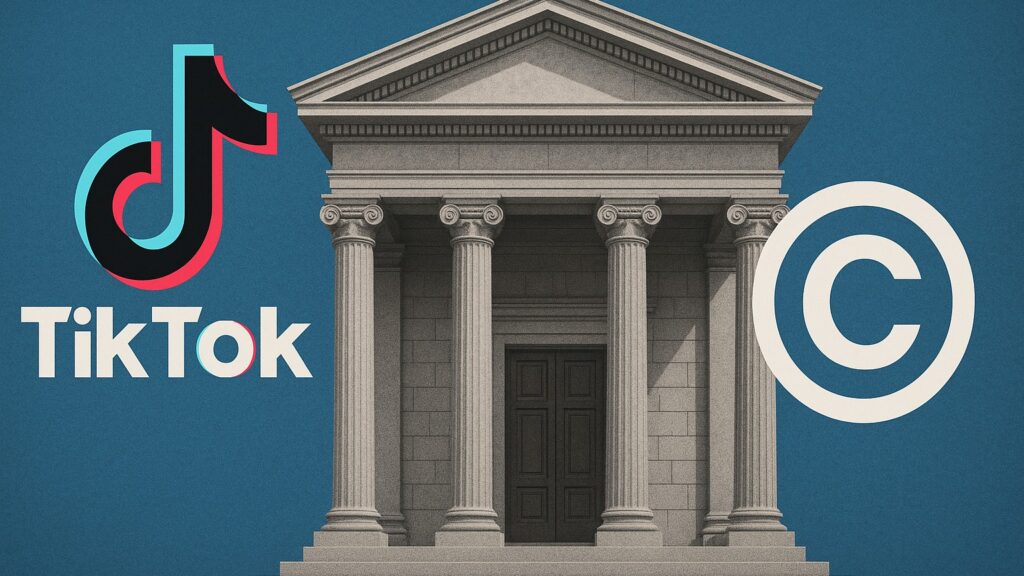
Plaintiff sued TikTok and Meta after other users on those platforms incorporated clips from her video into their own posts, allegedly without her permission. She claimed this was copyright infringement and also alleged that TikTok failed to protect her from harassment by users in the comments of her live videos. Plaintiff filed the lawsuit on her own, without a lawyer.
Plaintiff asked the court to hold TikTok and Meta liable for copyright infringement and to consider tort claims against TikTok for harassment. But both companies responded by asking the court to dismiss the case. They pointed to the user agreements Plaintiff had accepted when she signed up. Those terms gave the platforms and their users broad rights to use, modify, and distribute any content she uploaded. TikTok also invoked immunity under 47 U.S.C. 230, a provision in federal law protecting platforms from liability for user-generated content.
The court agreed with the platforms. It found that plaintiff had granted TikTok and Meta valid licenses to use her video, so there could be no copyright violation. The court also ruled that it had no authority to hear the tort claims because plaintiff had not shown that the court had jurisdiction over those parts of the case. The court rejected plaintiff’s arguments that she did not fully understand the contracts or that the agreements were unfair. On appeal, the Tenth Circuit upheld the decision, finding no clear error in how the lower court handled the case and ruling that plaintiff had waived her right to challenge the licensing issue by not objecting to it specifically.
In the end, the court dismissed all claims against both companies. The court also declined to take up any new claims plaintiff tried to raise during the appeal, saying she had not brought those up earlier and did not support them with enough detail.
Three reasons why this case matters:
-
It reinforces how powerful and far-reaching social media terms of service can be in protecting platforms from copyright claims.
-
It shows the importance of making specific objections and arguments in court—especially during appeals.
-
It highlights how courts apply procedural rules strictly, even when someone is representing themselves without a lawyer.
Sethunya v. TikTok, 2025 WL 1144776 (10th Cir. April 18, 2025)
